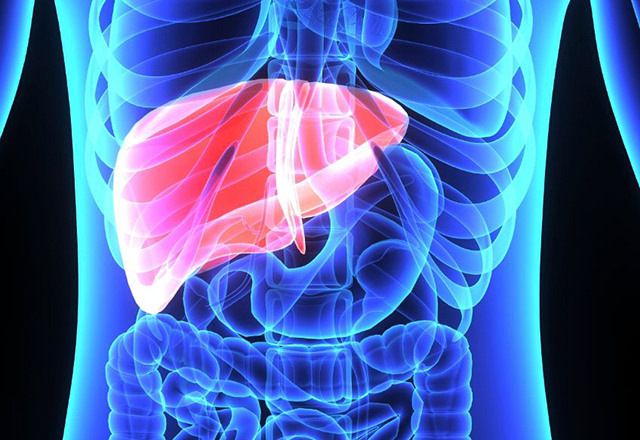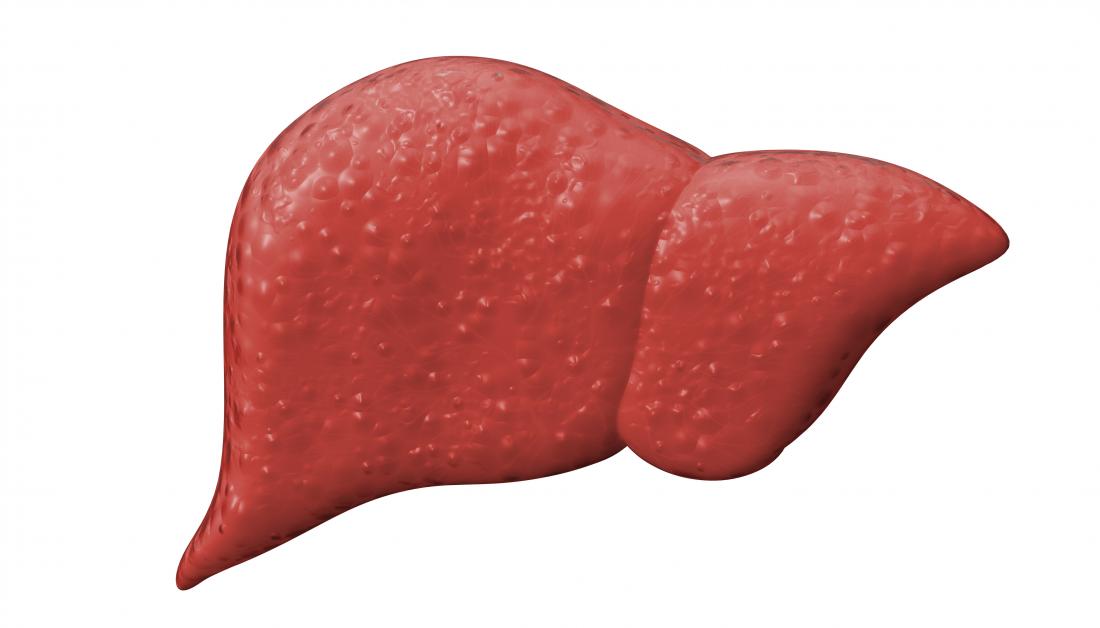Meredith Stiehl received a partial-liver transplant from her daughter Kenan, the first-ever living donor procedure at UNC Hospitals to be conducted in twenty years. Chirag Desai, MD, FACS, led the care team that performed the procedure.
CHAPEL HILL, N.C. – The bond between a mother and daughter is quite special. This is particularly true for Meredith Stiehl, 57, who recently received a liver transplant from her 26-year-old daughter, Kenan Stiehl, to treat life-threatening liver disease.
Read more from the UNC Health and UNC School of Medicine Newsroom.



